University of Minnesota Press, 2015
Literary texts that address tradition and the transmission of knowledge often seem concerned less with preservation than with loss, recurrently describing scenarios of what author Kevin Ohi terms “thwarted transmission.” Such scenes, however, do not so much concede the impossibility of survival as look into what constitutes literary knowledge and whether it can properly be said to be an object to be transmitted, preserved, or lost.
Beginning with general questinos of transmission—the conveying of knowledge in pedagogy, the transmission and material preservation of texts and forms of knowledge, and even the impalpable communication between text and reader—Dead Letters Sent examines two senses of “queer transmission.” First, it studies the transmission of a minority sexual culture, of queer ways of life and the specialized knowledges they foster. Second, it examines the queer potential of literary and cultural transmission, the queerness that is sheltered within tradition. By exploring how these two senses are intertwined, it builds a persuasive argument for the relevance of queer criticism to literary study. Its detailed attention to works by Plato, Shakespeare, Swinburne, Pater, Wilde, James, and Faulkner seeks to formulate a practice of reading adequate to the queerness Ohi’s book uncovers within the literary tradition.
Ohi identifies a radical new future for both queer theory and close reading: the possibility that each might exceed itself in merging with the other, creating a queer theory of literary tradition immanent in an immersed practice of reading.
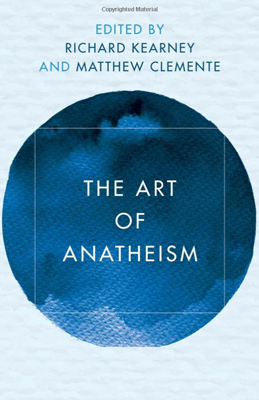
The Art of Anatheism
Edited by Richard Kearney
& Matthew Clemente
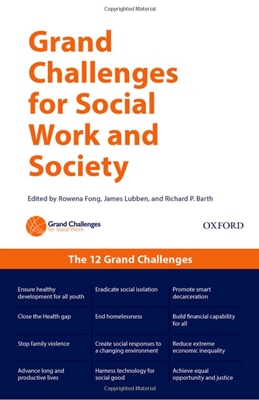
Grand Challenges for Social Work and Society
Edited by Rowena Fong
& James Lubben
& Richard Barth
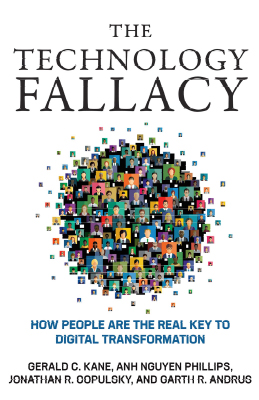
The Technology Fallacy: How People Are the Real Key to Digital Transformation
by Gerald C. Kane
& Anh Nguyen Phillips, Jonathan R. Copulsky, & Garth R. Andrus
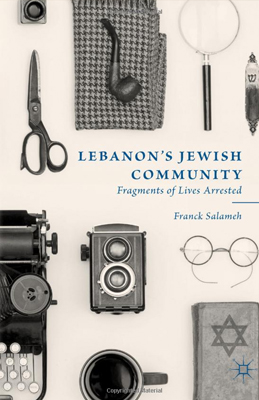
Lebanon's Jewish Community: Fragments of Lives Arrested
by Franck Salameh
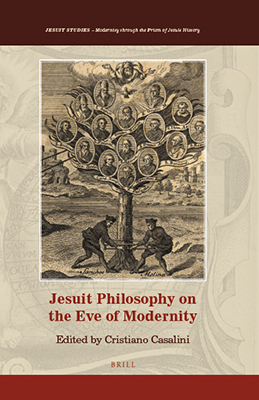
Jesuit Philosophy on the Eve of Modernity
by Cristiano Casalini
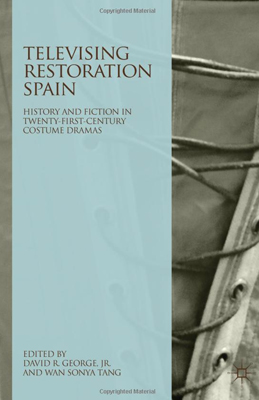
Televising Restoration Spain
by Wan Sonya Tang
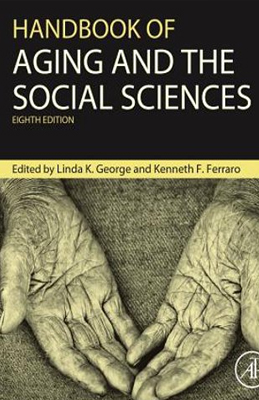
Various Articles
by Joseph F. Quinn, Ph.D
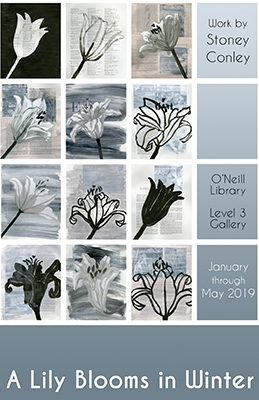
A Lily Blooms in Winter
by Alston Conley
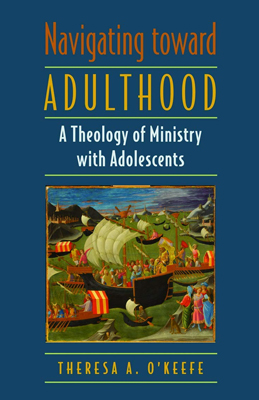
Navigating Toward Adulthood: A Theology of Ministry with Adolescents
by Theresa O'Keefe
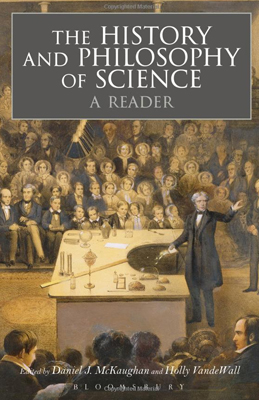
The History and Philosophy of Science: A Reader
by Daniel McKaughan
& Holly VandeWall
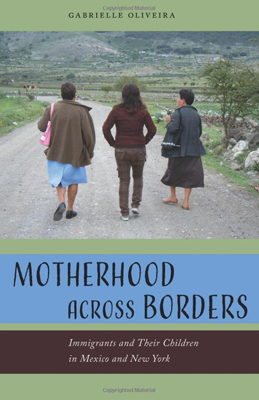
Motherhood across Borders: Immigrants and Their Children in Mexico and New York
by Dr. Gabrielle Oliveira
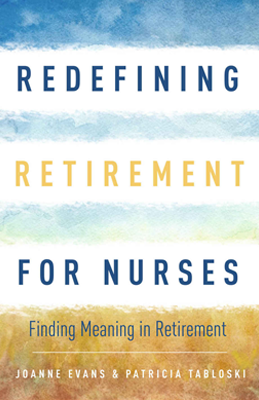
Redefining Retirement For Nurses; Finding Meaning In Retirement
by Patricia A. Tabloski
& Joanne Evans
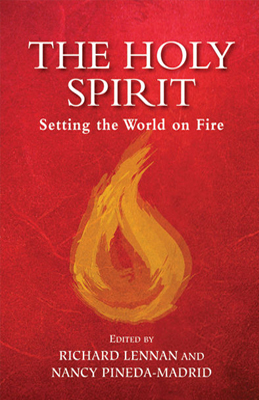
Holy Spirit: Setting the World on Fire
Co-Edited by Richard Lennan
& Nancy Pineda-Madrid
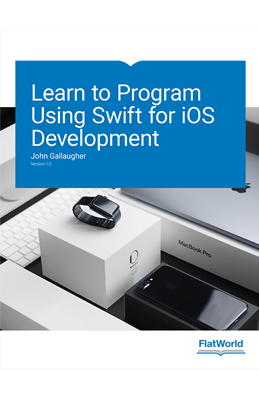
Learn to Program using Swift for iOS Development
by John Gallaugher
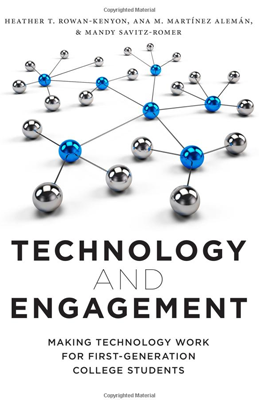
Technology and Engagement: Making Technology Work for First-Generation College Students
by Heather T. Rowan-Kenyon
& Ana M. Martínez Alemán
& Mandy Savitz-Romer, PhD
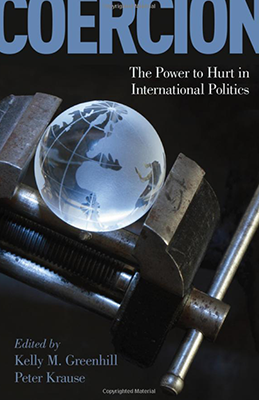
Coercion: The Power to Hurt in International Politics
by Peter Krause
& Timothy Crawford
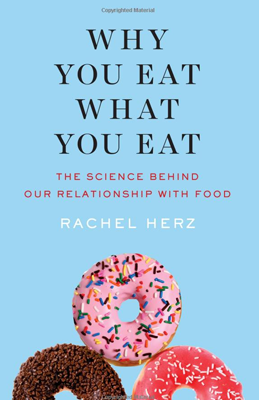
Why You Eat What You Eat
by Rachel Herz
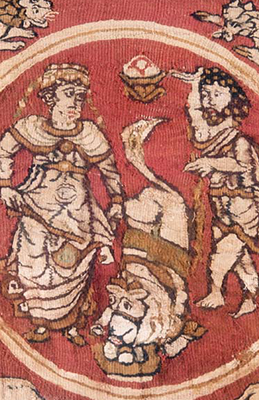
Antique Coptic Textiles in McMullen Museum
by Nancy Netzer
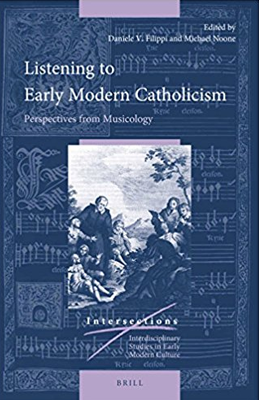
Listening to Early Modern Catholicism: Perspectives from Musicology
Edited by Michael Noone
& Daniele V. Filippi
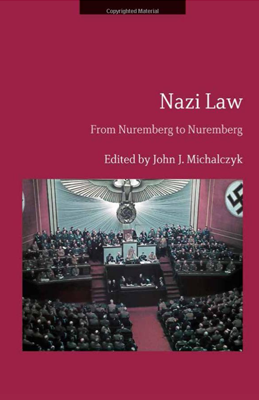
Nazi Law: From Nuremberg to Nuremberg
Edited by John J. Michalczyk
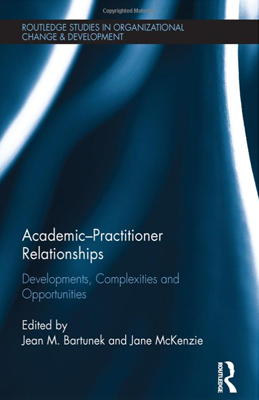
Academic–Practitioner Relationships: Developments, Complexities and Opportunities
by Jean M. Bartunek
& Jane McKenzie
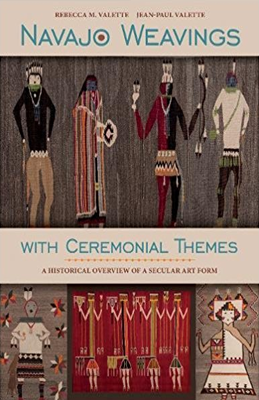

Rebel Power: Why National Movements Compete, Fight, and Win
by Peter Krause
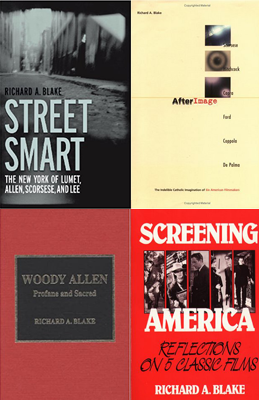
Father Blake on his life long involvement with Film Studies and his twenty-two years at Boston College
by Richard Blake S.J. Ph.D.
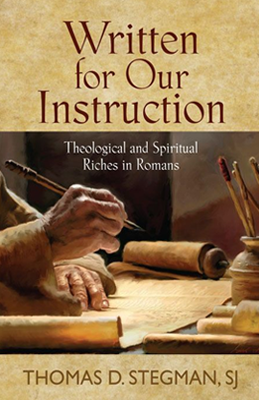
Written for Our Instruction: Theological and Spiritual Riches in Romans
by Thomas D. Stegman, S.J.
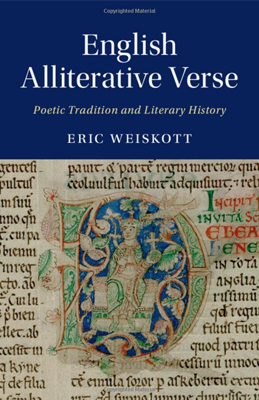
English Alliterative Verse: Poetic Tradition and Literary History
by Eric Weiskott
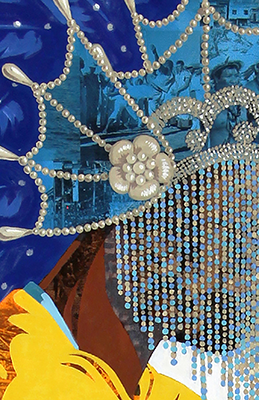
From Neither Here Not There
by Sammy Chong, S.J.
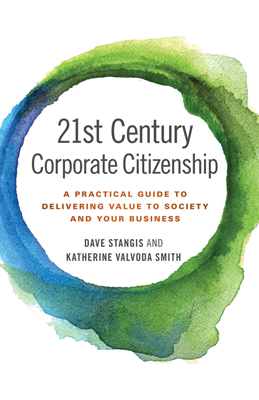
21st Century Corporate Citizenship: a Practical Guide to Delivering Value to Society and Your Business
by Katherine Valvoda Smith and Dave Stangis